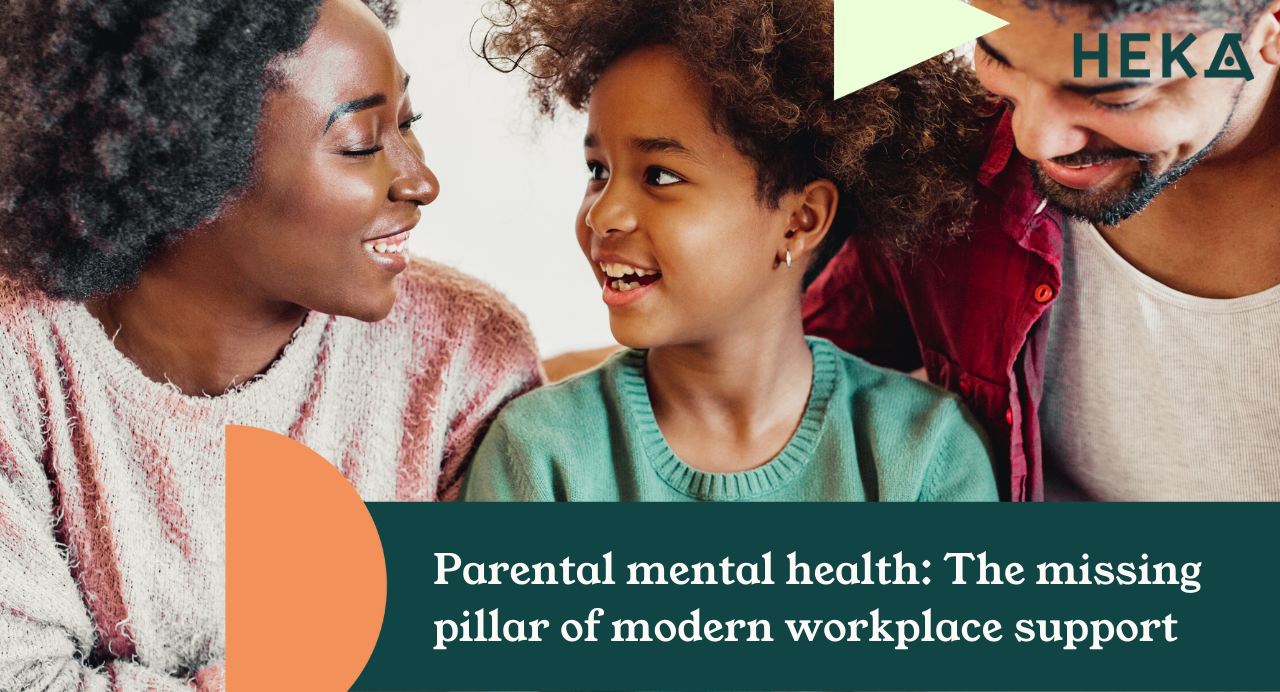A quick summary:
For years, HR teams and business leaders have been focused on adapting to Gen Z - the digital natives with strong values, a passion for purpose, and an expectation for flexibility. But the workplace is evolving fast. Gen Z already makes up 30% of the global workforce, and a new generation is forming its own expectations: Gen Alpha.
Born between 2010 and 2025, Gen Alpha are the children of Millennials, and they’re growing up in a world that’s more connected, complex, and fast-paced than ever before. By the time they enter the workforce (starting next year!), the changes we’re seeing now - from AI integration to hybrid-first policies - will feel like old news.
So, what does this mean for businesses, HR, and the future of work?
The Shift from Gen Z to Gen Alpha
It’s tempting to see Gen Z as the “young” generation in the workforce, but that label is quickly becoming outdated. As Gen Zers move into management roles, they’ll shape company culture from the inside out - bringing with them a demand for flexibility, mental health support, and authentic leadership.
Meanwhile, Gen Alpha will arrive with a whole new set of needs and expectations, shaped by:
- AI as standard: Gen Alpha will grow up using AI daily - not as a novelty, but as a norm. They’ll expect workplaces that are technologically advanced, personalised, and efficient.
- Blended realities: This generation is growing up with the metaverse, augmented reality, and hyper-connected digital ecosystems. Their definition of “the office” will be radically different.
- Hyper-personalisation: Having been marketed to by algorithms from birth, Gen Alpha will expect experiences - including work - to be tailored to them.
- Health-first mindsets: With growing awareness around mental health, emotional intelligence, and preventative healthcare, this generation will expect holistic support from their employers.
What businesses should be thinking about now
You don’t need to reinvent everything overnight, but you do need to future-proof your people strategy. That means looking at where Gen Z is now, and what Gen Alpha will demand next. All while remembering the needs of older generations still within the workforce.
1. Move beyond traditional benefits
Rigid, one-size-fits-all benefits won’t cut it. Employees now expect personalisation, choice, and support that reflects their unique lives. Employee wellbeing platforms like Heka offer health-led, personalised wellbeing options that grow with your team - whether they’re Gen Z managers or future Gen Alpha interns.
2. Embrace preventative, not reactive, people strategy
Stop waiting for burnout or turnover to drive change. Use behavioural data and real-time insights to forecast people risk and act before problems arise.
3. Build for flexibility
Remote work, portfolio careers, four-day weeks - Gen Z already expects flexibility, and Gen Alpha will likely demand it. Build adaptable systems now, not just policies on paper.
4. Prioritise whole-person wellbeing
Physical health, mental health, financial wellbeing, and personal development are all interconnected. Supporting your people holistically will no longer be a competitive advantage - it will be the baseline.
Ready or not, they’re coming
The future of work isn’t coming - it’s already here. Gen Z has entered the chat and the boardroom, and Gen Alpha is just a few years behind. The question isn’t whether your organisation is ready - it’s whether you’re already behind.
Modernise your people strategy today, and you won’t just be ready for Gen Alpha - you’ll be building a workplace that works for everyone. Get in touch to find out how.






